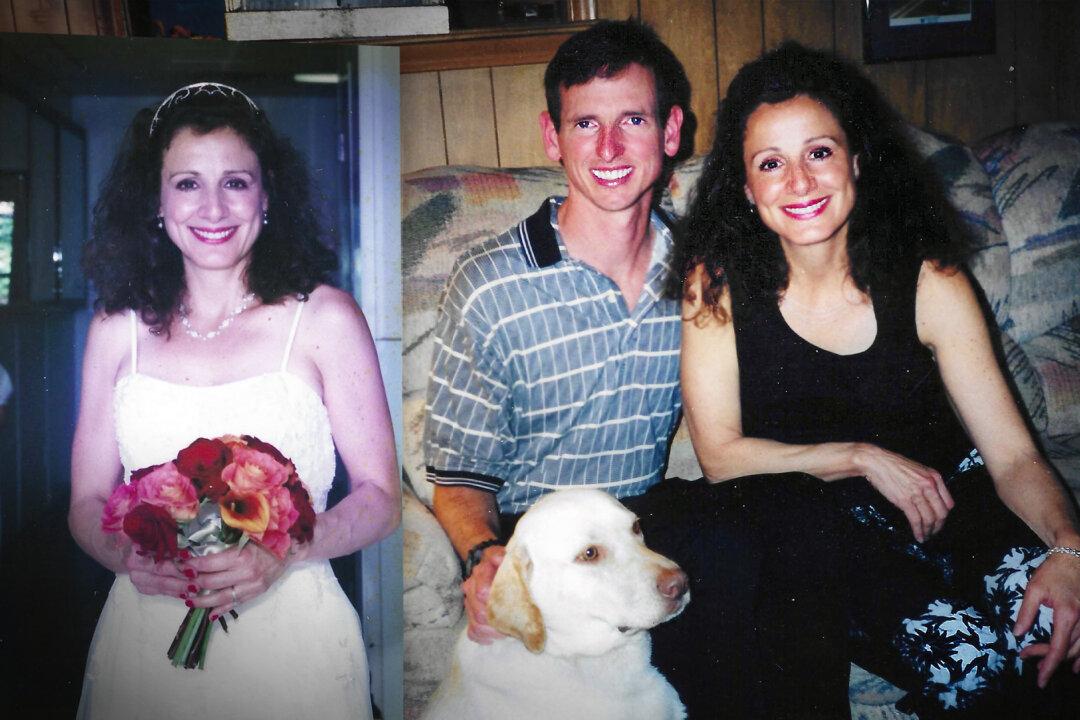Lisa Stingley was supposed to be happy.
An accomplished career woman with a headhunting firm in Washington, she was like a superstar in some people’s books. There’s “a glamor” to women working outside the home, she says. Yet weirdly the feminist values Stingley once venerated—for garnering success, a genuine sense of accomplishment—suddenly rang hollow.






